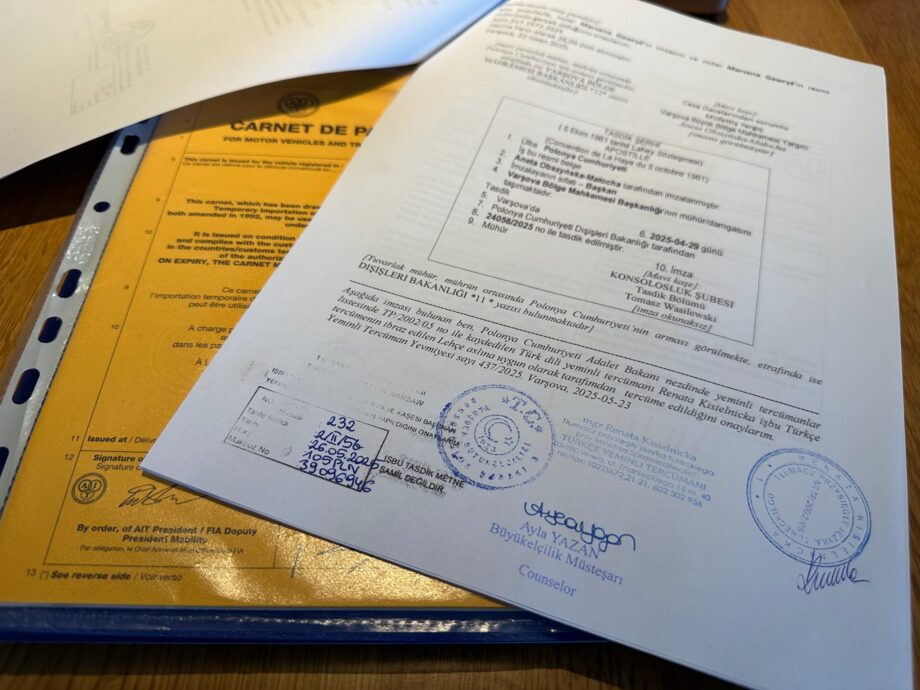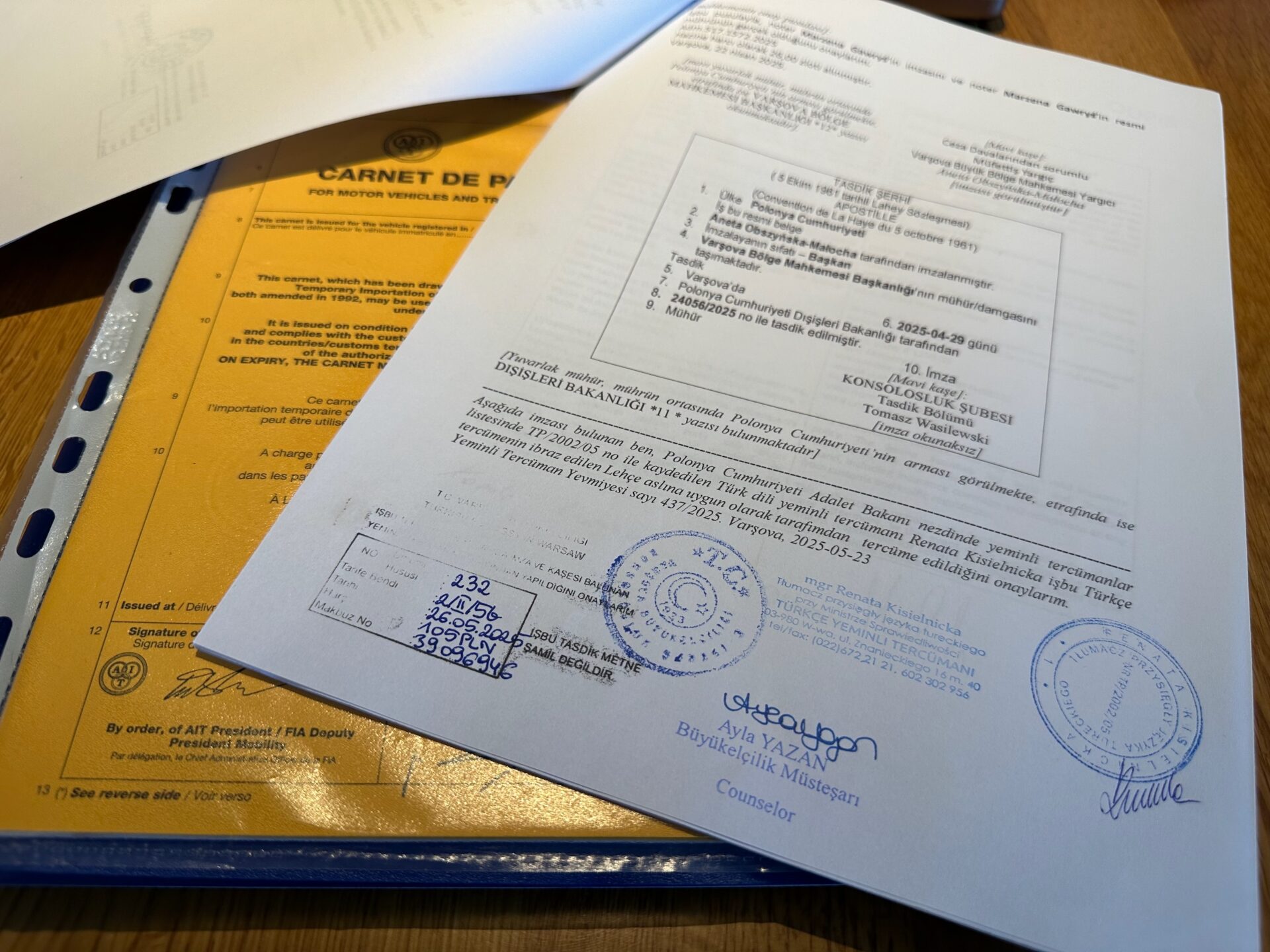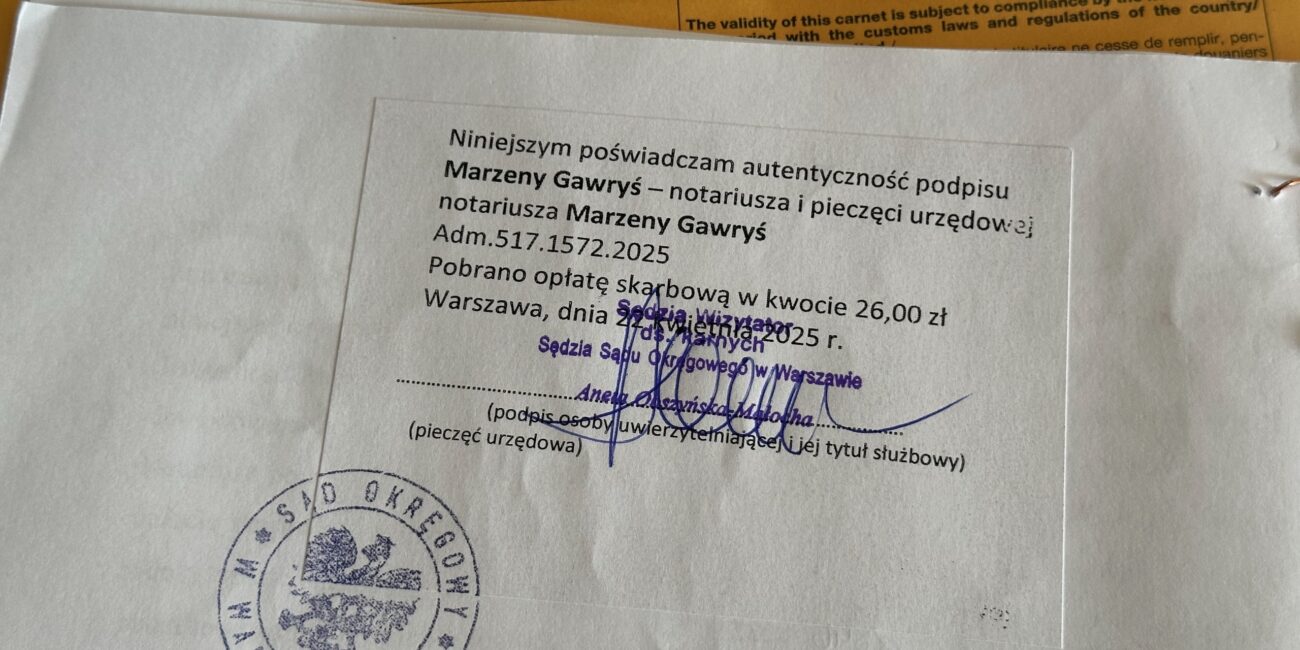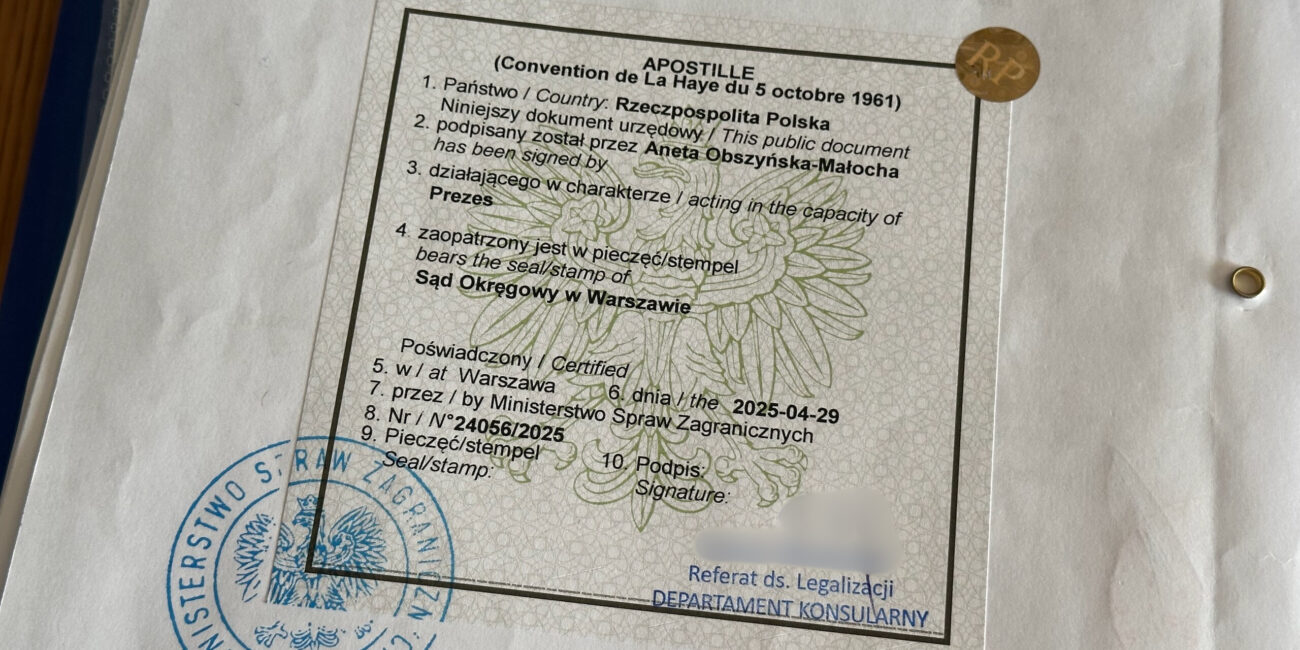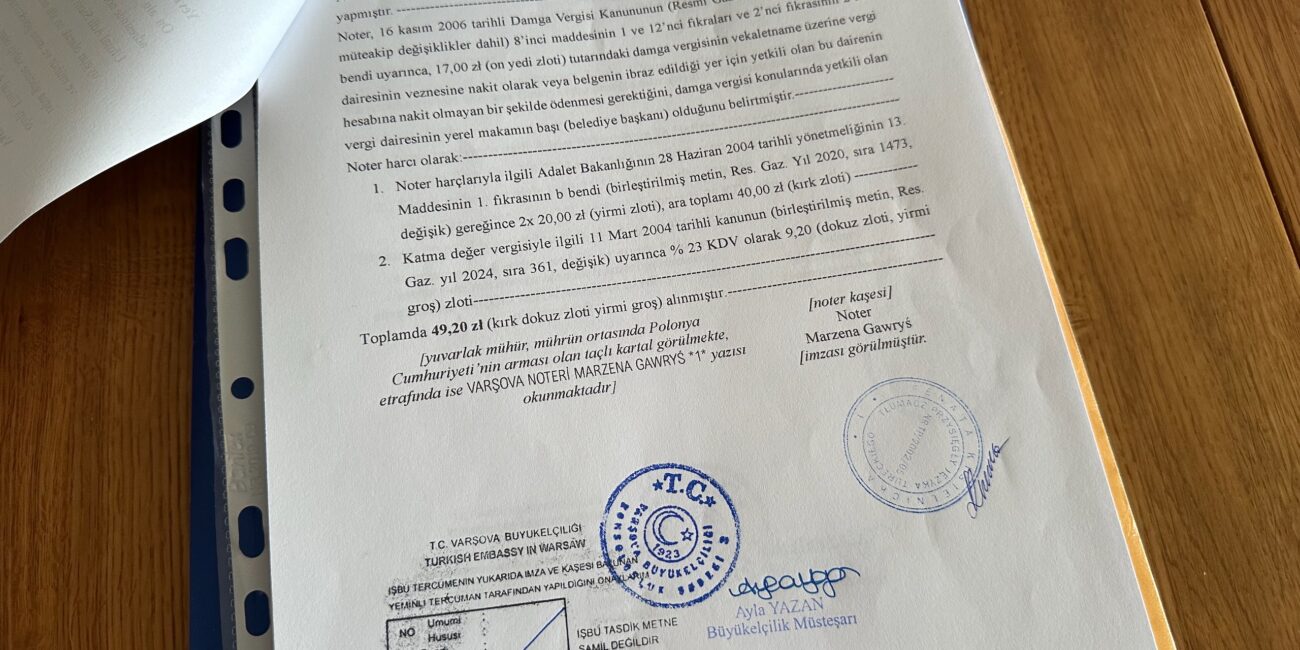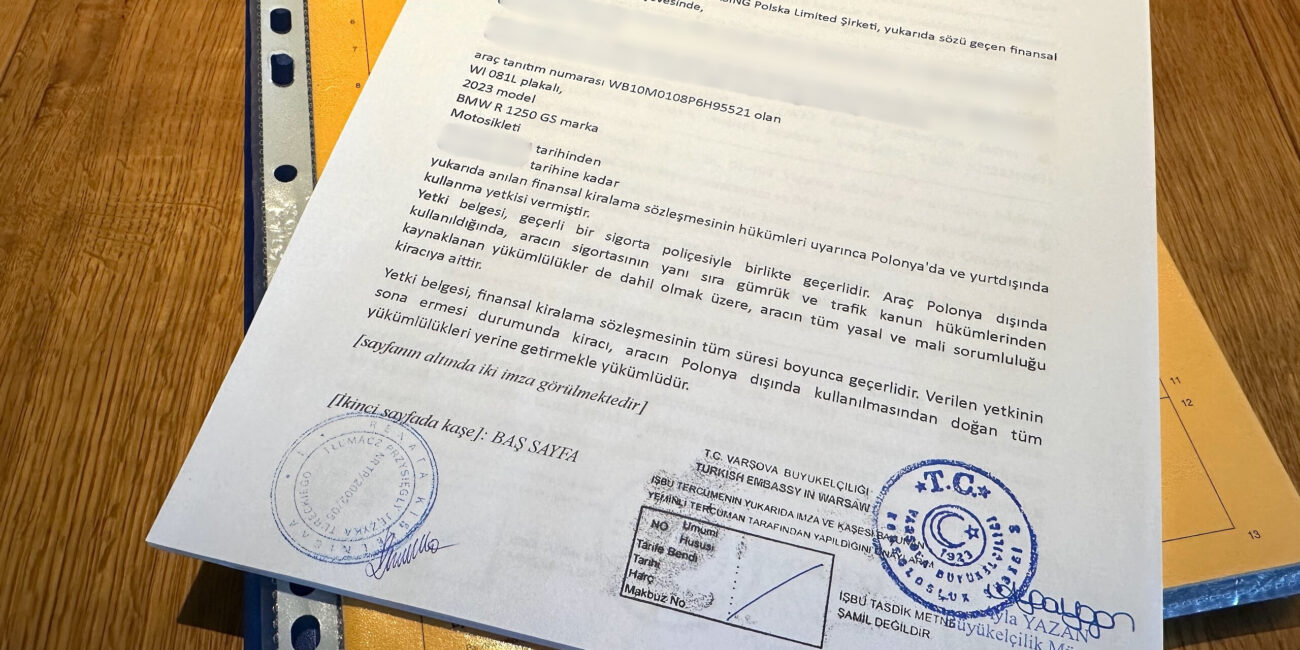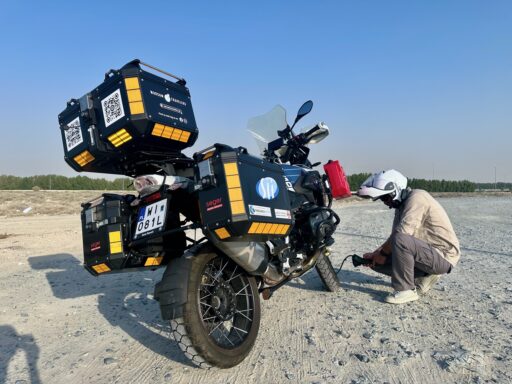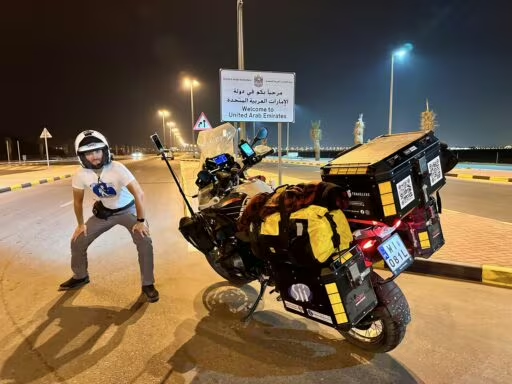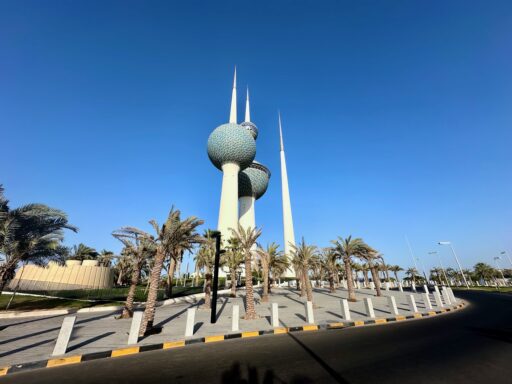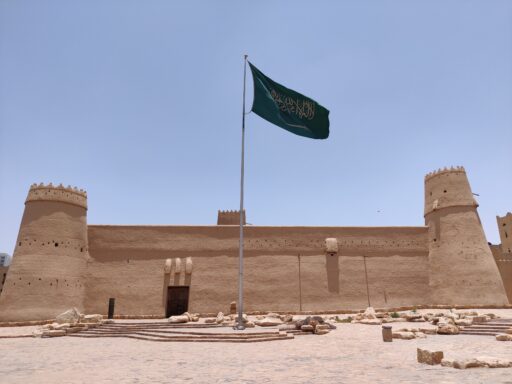This post is also available in:
Polski
Hello!
Our motorcycle trip is getting closer! Since our route takes us through several countries – and we’re riding a motorcycle leased and registered in Poland – we need to deal with a fair bit of paperwork. It’s better to sort everything out in advance than to be explaining yourself at the border later.
Recently, we wrote about how to arrange a Carnet de Passages through the Polish Automobile and Motorcycle Association (PZM) – useful if you’re planning to travel beyond Turkey. This time, we’re focusing only on what needs to be done to legally enter Turkey (or transit through it) with a leased vehicle. We had to figure all this out ourselves, so this guide should save you some running around and unnecessary stress.
Why is additional paperwork needed in Turkey?
Yes, of course – you could try to cut corners: slip €50 into your passport or show the border guard some random printout from the leasing company’s website. It might work… or you might end up being turned back at the border or spending hours explaining yourself. We prefer to have everything sorted in advance – especially since we’re riding a motorcycle through several countries outside the European Union.
Why are additional papers needed at all? Because technically, a leased vehicle isn’t your property – it belongs to the leasing company. For Turkish customs officials (and in many other countries outside the EU), it doesn’t matter that you’re paying the installments regularly. On paper, you’re just the user, which means you need the owner’s permission to take the vehicle abroad.
Within the European Union, the situation is different – usually, a simple printout of the leasing company’s permission or a copy of the contract is enough. EU countries follow standardized regulations, and as long as the vehicle is registered in an EU member state, no one will give you trouble.
Outside the EU, it’s a different story. Border checks are much stricter, and a simple printout showing that you’re paying off your lease can be practically worthless. In Turkey and other countries in the region, what really matters is an official, notarized authorization from the leasing company, along with proper legalization.
What documents to take with you before you leave?
Fortunately, the list of required documents isn’t very long, but it’s worth preparing everything in advance to avoid stress at the border. The key document is, of course, the notarized authorization from the leasing company, clearly stating that you’re allowed to use the vehicle and take it outside the European Union.
On top of that:
- vehicle registration certificate,
- Green Card (insurance) covering Turkey,
- Driver’s license – it is best to also have an international driver’s license (IDP). (Supposedly not always required in Turkey, but sometimes useful).
- Passport – valid for at least 6 months from the date of entry,
- a copy of the lease agreement – not always someone will check it, but it’s worth having. It’s also a good idea to have it translated into English (you can figure this out in a few minutes at DeepL, ChatGPT or Perplexity),
- photocopies of all documents – it is best to hide them in a different place than the originals. In case of theft (which we don’t wish on anyone) they can save the situation.
In practice, the most hassle is with the notarized authorization – about this in the next section.
A Carnet de Passages is not required for Turkey itself (even though the official CPD website sometimes suggests otherwise). However, if you’re traveling further, it’s worth keeping this in mind when planning how many pages you’ll need in your carnet.
Notarial authorization – step by step
This is where the real stairs begin.
A leased vehicle isn’t legally yours, so you need permission from the actual owner – the leasing company. If your contract doesn’t include any clause restricting travel outside the EU, that’s good news, as the company has no formal reason to refuse. In practice, however, it all depends on the leasing provider. Some will issue the necessary documents quickly, while others might drag their feet or hesitate. Sometimes, buying out the vehicle would be faster – but that’s a completely different story.
The most important thing is that the authorization clearly states you’re allowed to use the vehicle outside the country of registration – that single sentence is what really matters. The document must be signed by people authorized to represent the company – usually board members or appointed attorneys – and the signing has to take place in front of a Polish notary. The cost of such a signature in Poland is exactly 24.60 PLN (around €6).
It’s best to keep the original safely stored, for example in a safe, and use certified copies for translations and further paperwork. After signing the document with a notary, you still need to visit the District Court (Sąd Okręgowy) to legalize the notary’s signature. This step is mandatory because the document will later be used for sworn translation, authenticated with an apostille, and legalized at the embassy.
Apostille legalization in Ministry of Foreign Afairs
After legalizing the notary’s signature at the District Court, the next step is obtaining an apostille. This is also a form of legalization and finalizes the document authentication process in Poland. The apostille confirms that the court official’s stamp and signature are genuine, making the document valid in countries that are parties to the 1961 Hague Convention. Turkey is one of them, which means that after this step, no additional paperwork is required at Turkish offices or its embassy.
The apostille comes in the form of a sticker attached directly to the document. It is issued by the Polish Ministry of Foreign Affairs (MSZ) on Krucza Street 38/42 in Warsaw . You need to book an appointment in advance through the online reservation system. If you go in person, the apostille sticker is issued on the spot. If you send the document by courier, expect to wait a few days for processing. The fee is 60 PLN per document.
At this stage, the legalization process for the notarial document is complete, but the fun isn’t over yet. The entire document now needs to be translated into Turkish.
Sworn translation
Now, with the apostille attached to the certified copy of our authorization, the document must be translated by a sworn translator. And no, Google Translate or even the best AI tools like DeepL won’t cut it here. A sworn translator is a state-certified professional listed in the official register and authorized to use an official seal. Only such a translation is recognized by government offices and embassies, ensuring that no one will question the accuracy or authenticity of the document’s original content.
For our trip, we used the services of Renata Kisielnicka. Of course, you can choose any other sworn translator from the official list published by the Polish Ministry of Justice, but Renata was an incredible help – not just in terms of price, but also with her expertise. She guided us through the entire process, explained exactly which documents were needed, and made sure everything was done correctly. We can wholeheartedly recommend her.
Important: the sworn translation must be physically attached to the legalized copy of the notarial authorization. In practice, this means the translator stitches the translation together with the original document (the copy with the apostille), and the entire set is sealed with the translator’s official stamp. This is crucial because the Turkish consulate will not accept a loose translation separated from the original—it must be a complete, bound document. Fortunately, sworn translators know exactly how to prepare it properly.
The cost of this service currently ranges from 600 to 800 PLN net, depending on the translator and the number of pages. Additionally, you need to factor in the cost of an extra certified copy of the translation, which is required as a copy to be left at the Turkish embassy. The price for this copy is agreed individually with the translator.
Legalization of translation
The final step in the entire process is the legalization of the translation at the Consular Section of the Turkish Embassy. Without this step, the document will not be recognized by Turkish authorities – an apostille and a sworn translation alone are not enough.
Legalization takes place at the Turkish Embassy in Warsaw. You need to book an appointment in advance – preferably by email or by phone. The staff speaks Polish and Turkish, and most likely English as well.
On-site, you’ll go through a security check – you’ll need to leave your phone in a locker before passing through a security gate into the consular section.
The legalization fee is 45 PLN for certifying the translator’s seal on the first page of the document in Turkish and 15 PLN for each additional page. The fee applies to every copy you want to take with you – the copy kept in the embassy’s records is free of charge. Payment is made on-site, in cash only.
Usually, documents can be collected on the same day. However, if you’re legalizing a larger number of documents, the pickup date may be scheduled individually.
You can also use a courier service – in that case, you need to include a short cover letter requesting legalization, provide a contact phone number, and enclose the exact amount in cash. The legalization process then takes up to 3 business days from the moment the documents are delivered.
Summary – how not to get caught up in paperwork
We mentioned earlier that it’s worth having several certified copies of the authorization – but for Turkey, one is more than enough. All the stamps and the apostille will easily fit on it. However, if you’re planning to travel further in the region, for example to Arab countries, it’s better to prepare separate copies for different languages. We’ll cover that in a separate article.
If you live in Warsaw, you can get everything done within a few days – as long as you organize your visits to the District Court, the Ministry of Foreign Affairs, and the embassy properly. If you’re based outside Warsaw, it’s more complicated, as it requires several trips or using courier services. The process isn’t difficult, but it does require patience.
Can it be done faster? Yes – if you use intermediaries or have someone you trust in the capital to handle it for you. We decided to do everything ourselves, though – at least this way we know every step was done properly.
If you don’t have the time or live far from Warsaw, we can help you organize these documents in Poland. Just send us a message through the contact form, and we’ll guide you through the process step by step – or handle it for you if needed.
See you on the road! 🗺️ 🏍️

